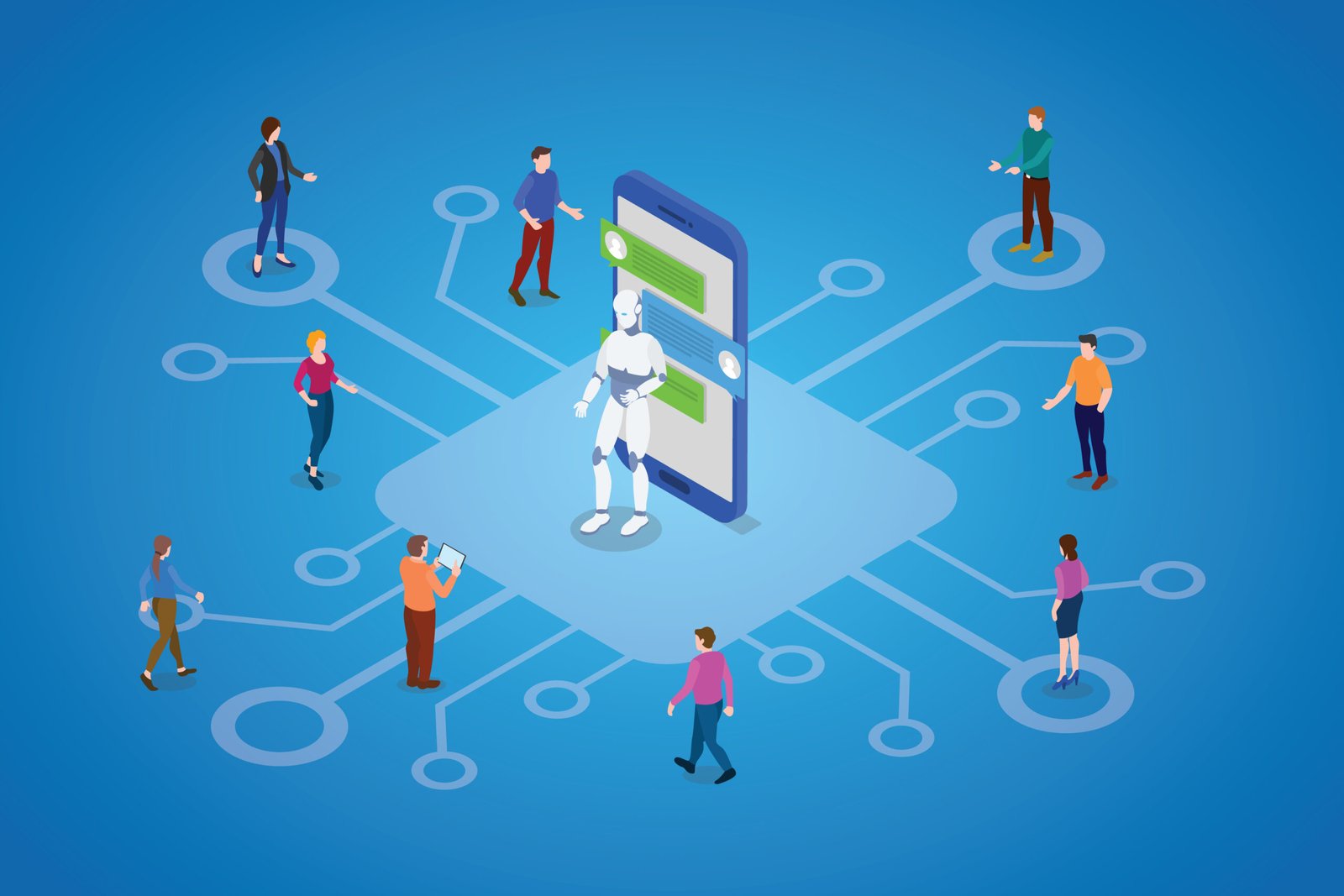The emergence of generative AI in customer service is setting the stage for a transformative shift in how businesses interact with their customers. This technology, known for its ability to generate new content based on vast amounts of training data, is enhancing productivity, personalization, and the overall customer experience in unprecedented ways.
Key Highlights:
- Generative AI boosts customer service productivity and can increase it by 30% to 50% or more.
- It enhances the accuracy of chat channels and can offer new products and services to customers.
- Generative AI is expected to play a role in customer service interactions within the next three years, as per 95% of global customer service leaders.
- It helps in creating more natural conversational responses, understanding complex inquiries, and delivering personalized support.
- Despite its advantages, challenges like potential biases, inaccuracies, and the need for human oversight in sensitive or complex cases remain.
Generative AI is not just about automating responses but about fundamentally enhancing the customer service function, possibly even reshaping business models. Here’s how we get there:
Deploying Generative AI Responsibly
- Start with High-Value Use Cases: Begin by integrating generative AI into areas where it can immediately enhance productivity and customer satisfaction, such as improving chatbot responses or drafting personalized email communications.
- Ensure Data Privacy and Security: As generative AI can potentially expose sensitive information, businesses must prioritize data security and customer privacy in their AI models.
- Human Oversight: Maintain human oversight, especially for complex or sensitive customer interactions, to mitigate the risk of inaccuracies and maintain customer trust.
- Embrace Continuous Learning and Improvement: Generative AI models should be continually trained and updated with new data to improve accuracy and relevance.
- Focus on Personalization and Customer Experience: Use generative AI to deliver personalized customer experiences, from tailored product recommendations to customized support solutions.
Potential and Pitfalls
Generative AI holds immense potential for transforming customer service by making interactions more efficient, personalized, and engaging. For instance, companies like Octopus Energy have used generative AI to draft customer emails, resulting in higher satisfaction scores. Similarly, generative AI can assist customer service agents by providing them with relevant information and response suggestions, reducing the time spent on each query.
Enhanced Efficiency and Productivity
Generative AI significantly boosts the efficiency of customer service operations. By automating responses to common queries, AI enables customer service agents to focus on more complex and high-value interactions. This not only speeds up response times but also allows for scaling customer support operations without a proportional increase in cost or resources.
Personalization at Scale
One of the standout features of generative AI is its ability to offer personalized customer experiences. Unlike traditional rule-based systems, AI can analyze a customer’s history, preferences, and behavior to deliver highly tailored responses and recommendations. This level of personalization was previously unattainable at scale and can dramatically enhance customer satisfaction and loyalty.
However, the deployment of generative AI comes with its set of challenges, including ensuring the accuracy of AI-generated responses, preventing the unintentional revelation of proprietary or customer data, and addressing ethical concerns such as bias and transparency.
The path to leveraging generative AI in customer service is paved with both opportunities and challenges. By starting with clear use cases, ensuring the protection of customer data, maintaining human oversight, and continuously refining AI models, businesses can harness the power of generative AI to revolutionize customer service while navigating its complexities.



















